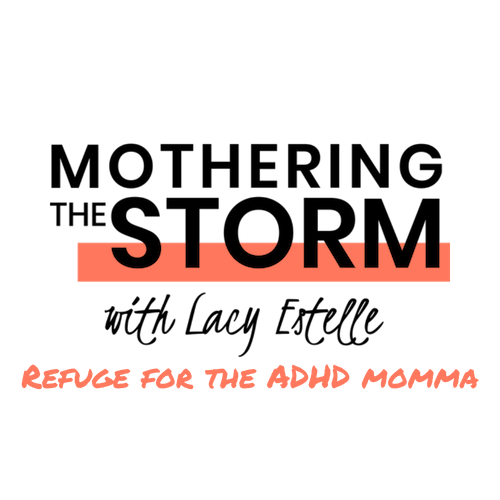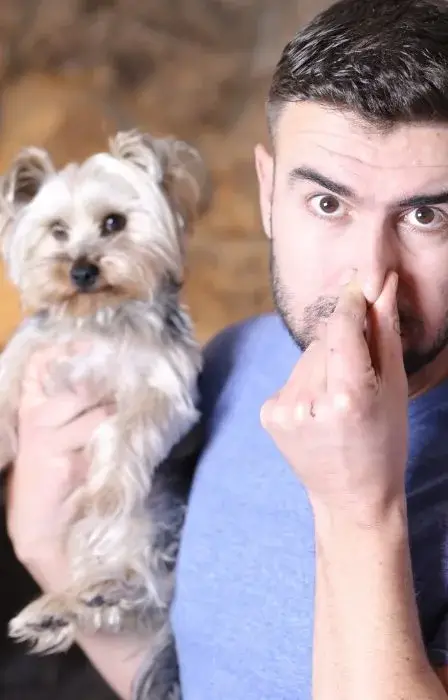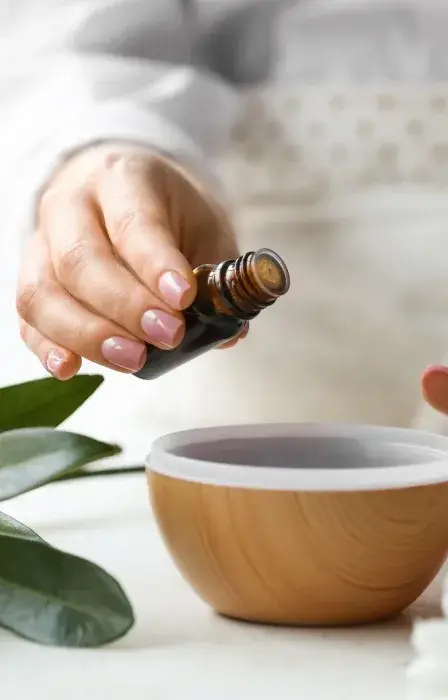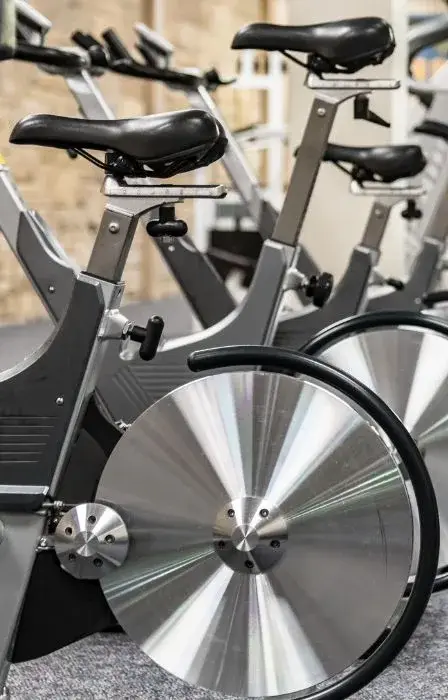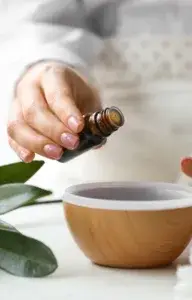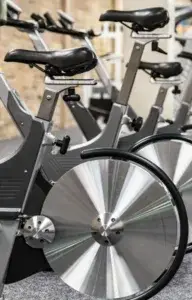This post may contain affiliate links. This means, if you make a purchase from a link on this page, I may receive a small commission at no extra cost to you. You can find our entire disclaimer here.
Tell someone else!
The road that led us to medication for ADHD was long and winding.
There I was, sitting across from a child Psychiatrist. Every question I thought I had suddenly missed from my forethought.
“So, how will we know if it’s helping?” Shakily my words left my mouth. Looking back, I applaud the patience my son’s doctor had with me that day.
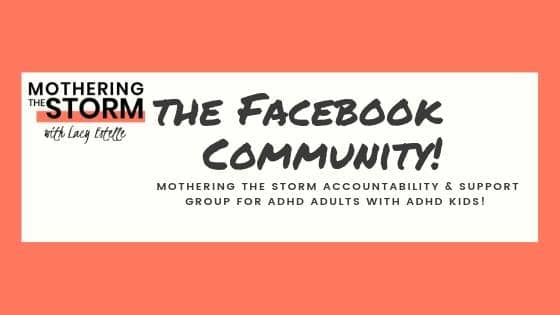
Click Here to Join the Mothering the Storm Facebook Group! An Encouragement Group For Parents who have ADHD and are also caring for an ADHD Child!
When my son was born, I swore he would only ever put healthy, wholesome goodness into his body. I was a first-time mom and determined to right every wrong I thought my parents did to me. Like exposing me to McDonald’s and too many antibiotics. But when he turned three years old I, like many parents, found myself in the drive-thru line at my local McDonalds. Was I proud of that moment? No. But at the time, it satisfied our basic needs. He needed to eat, I needed him to stop screaming and hang tight for about three more errands.
As parents, we are constantly facing choices. Everyday. We try with all our might, to make the best choices for our children and sometimes in hindsight we can see that we are only human and mistakes are made.
The choice to seek a pediatric psychiatrist to allow my son to try medication for ADHD was not one that we came to easily. In fact, we did natural remedies for a year before we tried medication.
To be clear, it was a series of events that led to the decision. One, not less important than the other.
First, I asked other parents.
Several Facebook groups for ADHD parents exist and many of them full of parents who are asking themselves the same questions: Did I cause this? How best can I help my child? How can I not lose my mind?!
I posted:
At what point did you decide to go the medication for ADHD route? and why?
One mother’s response stood out to me above the others. She talked about how her 10-year-old son LOVED baseball. It was his favorite sport. And upon taking him to practice one day she sat down to enjoy watching him play. It occurred to her that her son’s coach had to say his name multiple times before he would turn his head. Other children on the team? Not so much. She realized that before long, coaches were going to get fed up with his ADHD symptoms making it seem like he was careless. Or that he didn’t want to try. She knew, over the long haul, this would affect his love for this sport. Always feeling like he was one step behind the rest. She said after that practice she took a second look at medication and decided to let her son try it. It was, not to be corny, a game-changer for him.
After that, I started to take a second look at my sons quality of life and how we were managing his symptoms currently.
Was he doing better in school? Yes, he was. All without medication. It was taking about two hours longer in the evening than I suspect some of his peers for us to complete homework, or reading etc. But we were doing it. We might’ve been losing out on many other things but at the time that was what it took for him to succeed.
My next question: What does the research say about medication for ADHD in children?
The CDC in one study found that children who went unmedicated for their ADHD had the highest rate of self-medicating as an adult.
Self-medicating is not something I took lightly. My son has genetics that predisposes him to alcoholism and addiction on both sides of his family. If I am looking at medication from a physiological standpoint, predisposed to a life-crippling, sometimes life-ending, disease is a major factor.
In another clinical trial done over 14 months, the combined medication plus behavioral therapy treatment for ADHD children proved to have the most significant impact on their symptoms longitudinally. Meaning, over time they were best able to manage themselves.
But yet another study found that behavioral treatment alone may lead to long term symptom management, even over medication first approaches. But that when combined, symptom management was often able to be stabilized with less medication.
Less medication for ADHD? The stereotype for medicating children is this idea that we as parents, are doping them up so they can just be calm but that’s simply untrue.
The last, but likely the most important thing I factored into choosing medication for ADHD for my son?
His perception.
After many months of no gluten, dairy and soy. Taking 3-5 supplements every day and only being allowed fun food, like pizza, and ice cream on weekends my son broke down.
“I’m so hungry! I just want my normal food again! I’m sick of chicken!”
“But J, honey, this diet, it’s working. Isn’t it?”
“Ugh!!” He screamed at first. “Yes, mom. But only a little.”
I made a promise to myself, after discussing with my co-parent that we would take J’s lead on this. If medication made him feel weird, if he didn’t like it, or felt it wasn’t making a difference for him. We would take a different route.
So back to that office…
My head swirling. Feeling like I failed my kid. I didn’t go to a doctor for medication for my mental illness until I was 23. Yet here he was, a mere 8-years-old, being put on a low dose controlled substance.
What was I thinking? Is this really the best decision?!
YES.
Yes, it was.
Since we began medication for ADHD here are the major changes I have noticed in my son:
He has found a new love for school and learning.
He enjoys school because he can focus, use his class time wisely, and doesn’t feel so overwhelmed because he is absorbing the material. Even his teachers noticed a renewed effort in him. Things that were extremely difficult for him, like sitting still long enough to learn or completing his work within the time frame, are much easier now.
He can problem solve in a more efficient way.
Before any problem was an all-consuming behemoth that he didn’t even want to address. Now, there is still a little defiance. He is only 9 after all, but he comes around quickly, get it taken care of and moves on.
He feels more confident in himself.
This is probably the biggest take away for choosing medication. With his abilities in school, and problem-solving improving so has his confidence. He now is touted as a “smarty pants” in school and loves it. His friends who are struggling, come to him with questions and he can answer them. This makes his perception of his imperfections minuscule in comparison to the past. You can also read a popular article I have about another tool you can use to build self-esteem in your ADHD child.
Has it fixed everything?
Absolutely not. Medication for ADHD I have realized is just one tool in an entire toolbox of ADHD treatments we use. It helps, but it doesn’t do the work for you. The rest comes from effective boundaries, consequences, and parenting. As well as behavioral therapy. And recreational activities.
Things we still struggle with?
Sleep.
ADHD insomnia, with and without medication is a real thing. We have found one excellent solution, ADHD Lullaby. A music album made by Bryan Wisda engineered to help ADHD children fall asleep and stay asleep and it does work.
Appetite.
J’s appetite was never strong to begin with. When we were still in the process of finding the right dosage for him his appetite wained in a way that made me concerned. Luckily for us, his doctor keeps a close watch on his weight, height and overall physiology. Making sure the medication isn’t overpowering any other parts of his body. Like his growth rate.
Emotional irregularity.
We have discussed RSD in other posts briefly, and while the right medication for my son did help him curb his emotional outbursts to an extent. He can still become overrun with emotion and act out. This is where those other tools in the ADHD treatment toolbox come in. Effective boundaries and coping mechanisms, as well as recreational activities like running and martial arts, seem to help this the most.
Our Mornings.
Now, this is not completely true. I think medication treatment has vastly improved our mornings and the reason is this. My son no longer takes 10 reminders, he requires three. He no longer hates going to school. Even on the days, he doesn’t want to get up he doesn’t mind the idea of going to school as much as the past. But mornings with most ADHD kids are just hard in general. You can read my article about how we made our mornings less stressful to help with this. Bear in mind, it took a year of consistency and patience from me and the rest of my household for this to take hold. And even some mornings are still more difficult than others.
In the end, only you, your spouse and your child can decide which route of treatment is best for your family. My hope for you is that you keep an open mind, you educate yourself about all possible outcomes and you make an informed decision.
Be sure to Share this with any other ADHD Parents! Trust me, they are asking themselves the same questions!

